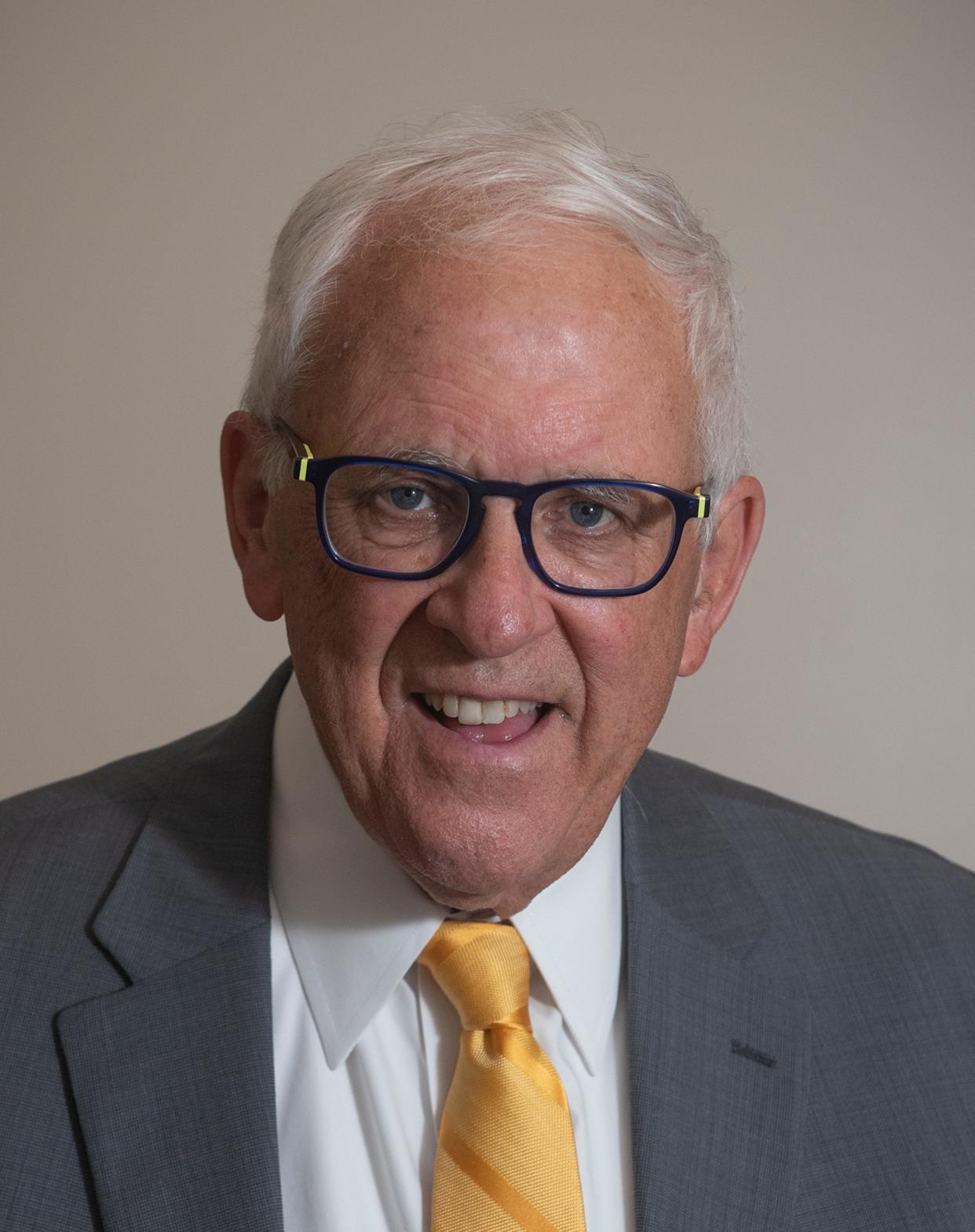Why I'm voting no on Ohio Issue 1 Aug. 8 | Along The Way

On Aug. 8, voters will have the opportunity to decide if Ohio’s constitution should be more difficult to amend by citizen-led petition.
A yes vote on Issue 1 means it will take a least a 60 percent vote to amend Ohio’s constitution. A no vote means it will continue to take a simple majority.
I am voting no.
Majority rule should decide in a democracy. Unfortunately, the proposed change enhances minority rule by making it more difficult for citizen-led attempts to change Ohio constitution.
Since 1913, when Ohioans first became able to regularly exercise their direct power over the state constitution, 71-citizen led proposed amendments have made it by petition to the ballot. Of these, only 19 won approval. Those amendments needed only a simple majority of statewide voters to pass. The proposed 60 percent rule would have caused another eight of the 19 citizen-initiated amendments to fail.
In addition to the 60 percent rule, Issue 1 would make citizen-led attempts to amend Ohio’s constitution even more difficult by requiring that petitions contain the signatures of a minimum 5% of those who voted in the last gubernatorial election in all 88 counties. Currently, that quota must be met in only 44 of our counties.
Republicans Bob Taft and John Kasich and Democrats Dick Celeste and Ted Strickland, all of them former Ohio governors, oppose Issue 1. Former Ohio Attorneys General Betty Montgomery, Jim Petro, Nancy Rogers, Lee Fisher and Richard Cordray urge the defeat of Issue 1.
Taft, who served two terms as Ohio secretary of state prior to his two terms as governor, correctly claims those pushing for Issue 1 are “gaming the system” by scheduling the vote for a special August election. Turnouts for special August elections are notoriously low, so a simple majority of a low turnout could pass Issue 1.
Taft has criticized fellow Republican and Ohio Secretary of State Frank LaRose who pushed for the August election after earlier telling the Ohio legislature special August elections should be eliminated except for school emergencies. The Ohio Legislature then voted to eliminate special statewide elections in August, saying the low turnout did not justify the expense. LaRose then changed his tune and favored this particular statewide special election.
LaRose recently announced he is running for the Ohio Republican nomination for the U.S. Senate seat that Democrat Sherrod Brown will have to defend next year. He has linked his support for Issue 1 to his opposition to an anticipated pro-abortion amendment likely to appear on the November ballot as a response to the U.S. Supreme Court’s overturning of Roe vs. Wade last year.
Recycling’s clouded future
After a disappointing decision by the Village Council of Sugar Bush Knolls, where Janet and I have been residing, to no longer recycle, I have been gathering my recyclables on a weekly basis and driving them to the Portage County Recycling Center on Mogadore Road in Brimfield Township.
Clean and well organized, the Portage County Recycling Center inspires confidence. I am sorry it was unable to compete for the recycling business of the city of Kent, potentially the largest recycler in Portage County. I checked the demographics of Sugar Bush Knolls using Google. Residents of Sugar Bush Knolls cannot claim poverty in their decision.
In Sugar Bush Knolls, some opponents of recycling have implied the companies doing it are cheating. I called up Kimble and asked and the representative acknowledged that not everything they pick up designated as recyclable, gets recycled, but, she said, about 75 percent is.
That is not surprising given the garbage some people carelessly foist off as recyclable. When I told Kimble I would pay the extra amount if they would pick up my recycling, they declined saying that would violate their contract with the village.
David E. Dix is a retired publisher of the Record-Courier.
This article originally appeared on Record-Courier: Ohio Issue 1: Majority rule should matter in a democracy

